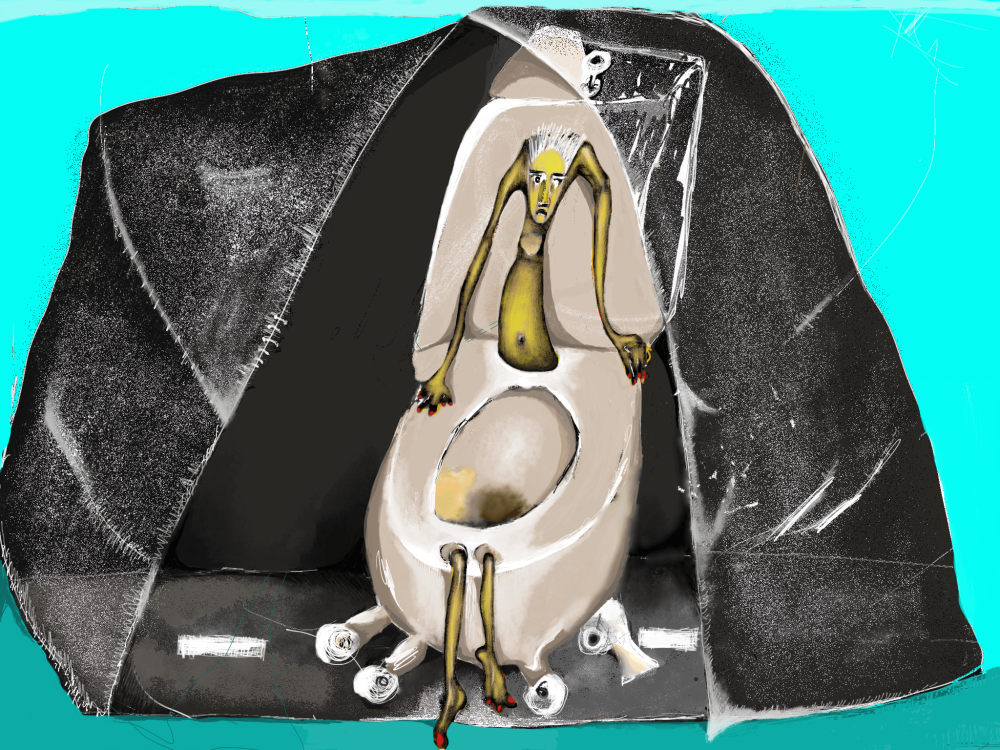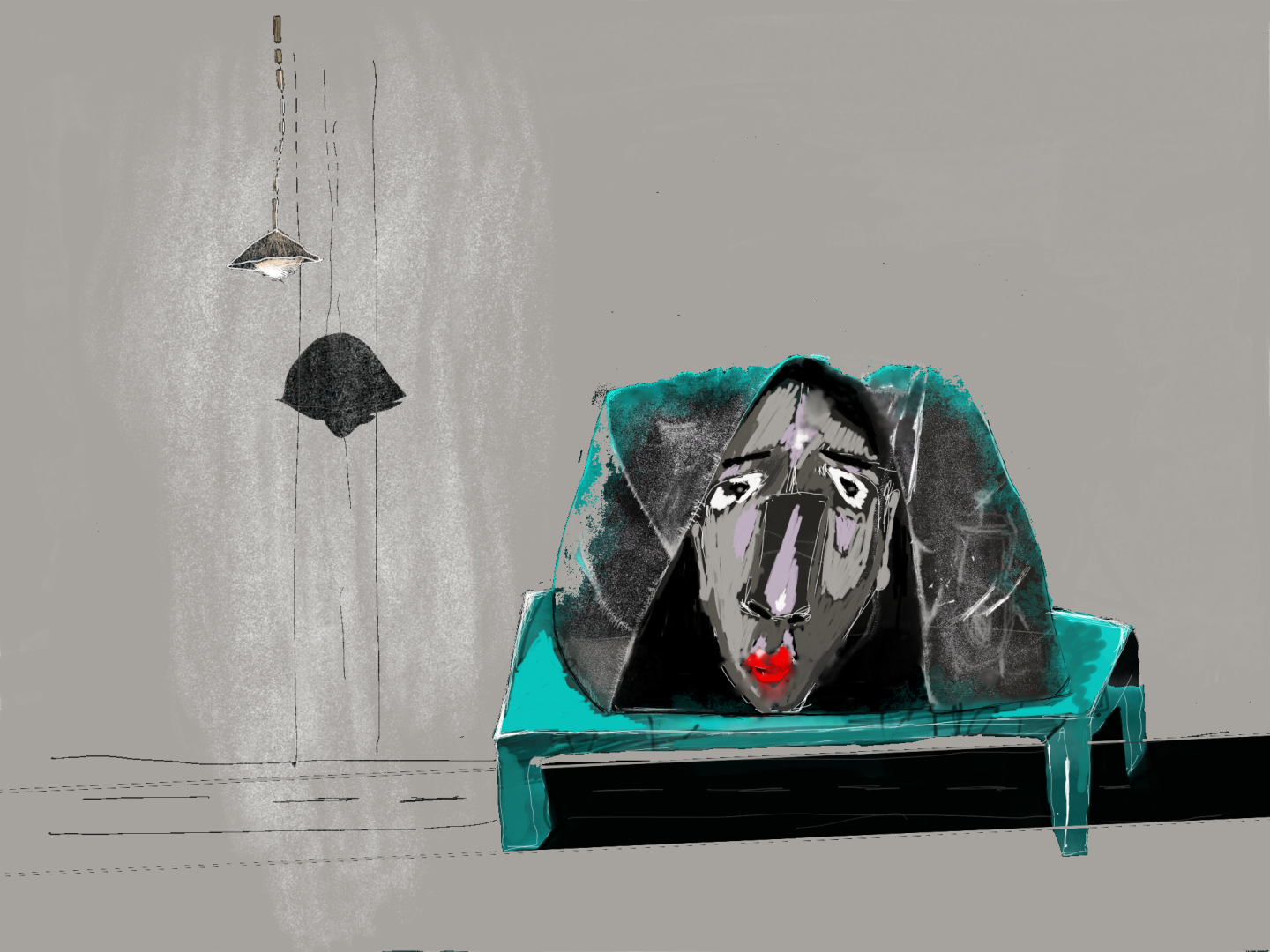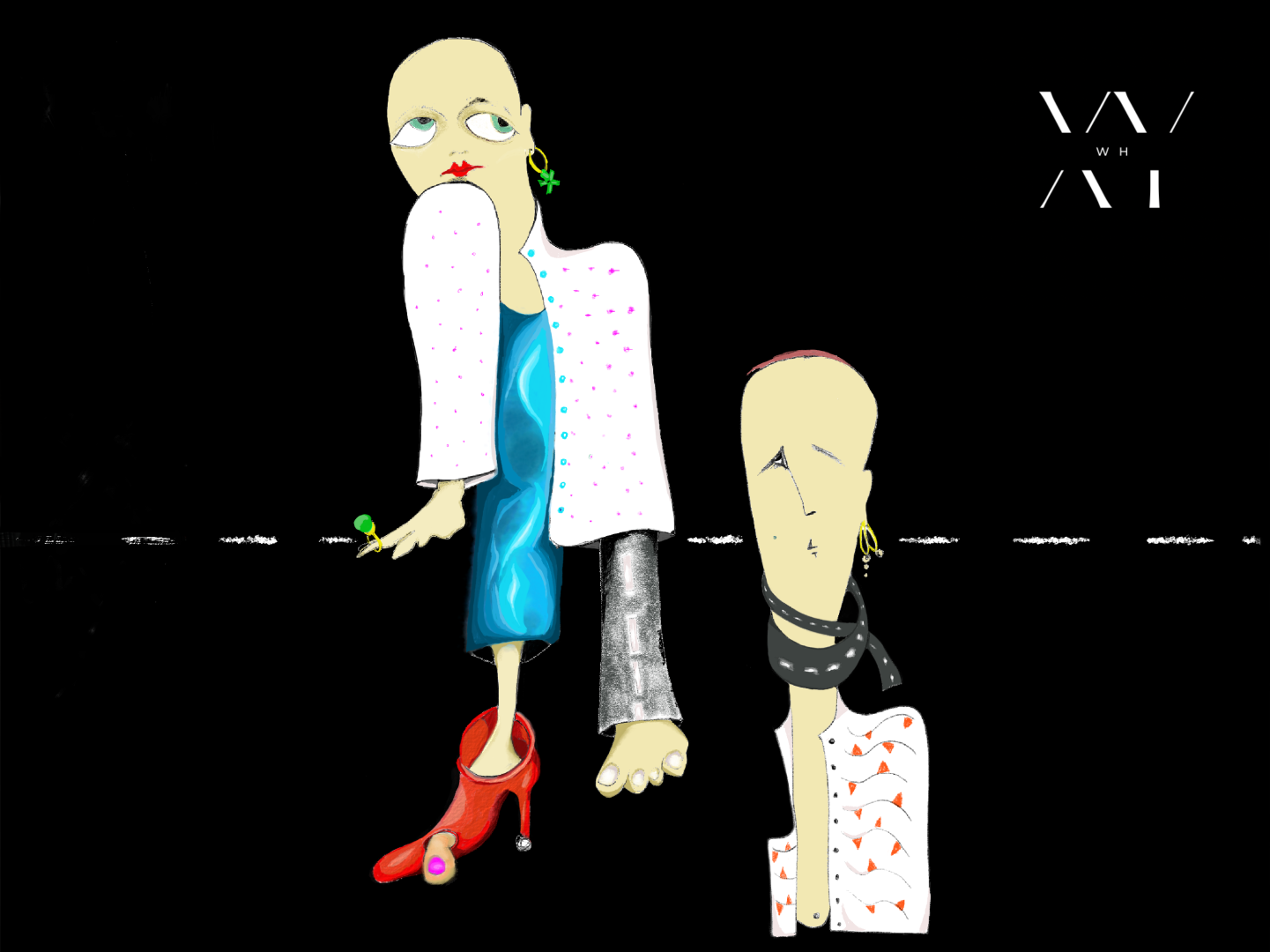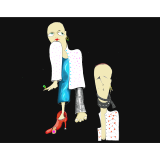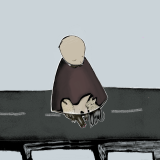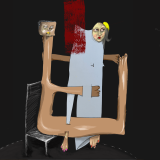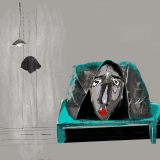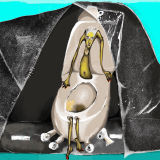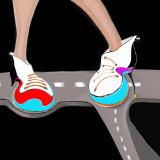“I feel ashamed whenever I go to the toilet in front of most of the camp residents. It is no longer a secret to anyone that when a woman leaves her tent accompanied by a jug of water, that she is going to the toilets that lack the minimum hygiene standards.”
Zina al-Sheikh Ali, aged 25, has to walk a long distance to reach open-air toilets inside their informal camp in the north of Idlib that often have no permanent water sources or sewage networks.
“When we were displaced from our cities and towns due to the bombing, our only concern was to search for safety. With our arrival here and our stay in these forgotten camps, our concern was to secure many of the missing simple and basic things, the most important is how to get water, showers and hygiene,” said the young woman from Khan Shaikhon.
Women in Idlib and north-western Syria bear the brunt of a life of displacement and poverty, amid conditions that do not take into account any of their privacy concerns or the nature of the conservative social life they carry with them.



